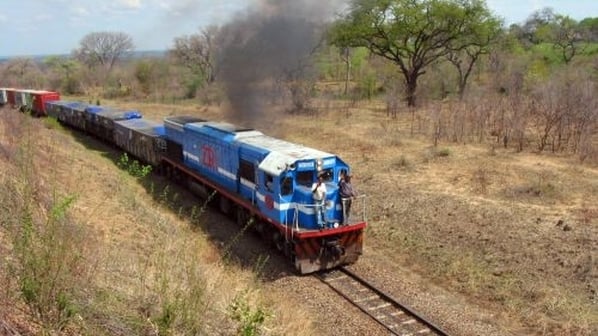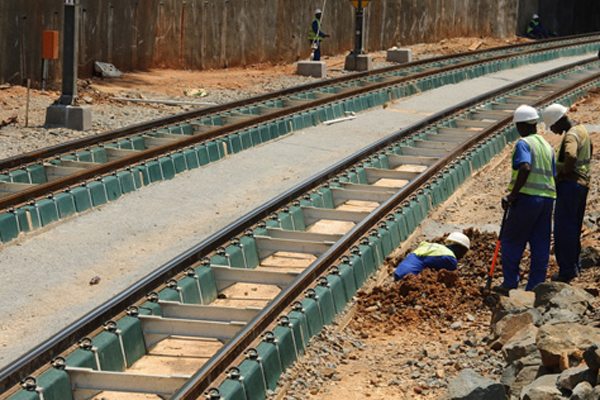In the fourth quarter of 2020, it was said that the first phase of the 590 km east-west railway was to be built by Zambia’s North-West Rail, in collaboration with Uroven, UK, and Transmashholding (TMH) subsidiary Smart Operations.
Phase 1A was expected to go from Chingola to Solwezi, Phase 1B from Solwezi to Kalumbila, as well as Phase 2 from Kalumbila to the Angola border.
For Phase 1A, the partnership was expected to conduct a bankability feasibility study (BFS), which was anticipated to be concluded in the first quarter of 2021. The study was to look at the needed land acquisition process as well as conduct a land survey.
The project, which runs near the border with the Democratic Republic of the Congo and connects with the 1067-mm-gauge Benguela railway via Angola, was anticipated to help Zambia meet its objective of moving more than 30% of freight from the road to rail.
Construction on the first 166 km of Phase 1A was said to link the new Solwezi cargo terminal to the already-existing north-south rail corridor at Chingola. A new export corridor for Katanga’s mining production was to be established when the line connected with the renovated D-271 road to Kipushi on the border with the Democratic Republic of the Congo.
The Copperbelt Province of Zambia and the larger northwest area, which is renowned for its mining and agricultural exports, were expected to benefit economically from the completion of the line and from the opening of new export income opportunities.
When the feasibility study is complete, it was said that Smart Operations would lead and carry out Phase 1A of the project along with a few selected partners. The company plans to provide a holistic solution that involves constructing the line, supplying locomotives and wagons, and offering cutting-edge control and maintenance systems.
When Mr. Edgar Lungu became president of Zambia in 2015, he endorsed the line.
Reported on October 19, 2015
Phase 1 of Zambia’s North-West rail project receives US $500m boost

Zambia has been awarded US $500m by Grindrod Limited Group of South Africa to enable it to undertake the first phase of construction of the North West Rail project.
The railway line, which is estimated to have a total cost of US 1bn will be 580km long and will act as a link between Zambia and Angola. The line will also help improve the transportation of mineral products in the Copper Belt and Northwest regions of Zambia, due to the fact that it connects with most of Zambia’s copper mines. Once this is done, about 1000 jobs will also be created.
The first phase of construction will be 290 km long running from the Kansanshi, Chingola, Kalumbila, and Lwama mines located in the Northwestern part of Zambia. This phase is alone estimated to cost US $489m.
On the other hand, the second phase of construction will cost US $500m and will involve the connection of the railway line to the Benguela railway line located on the Zambian- Angola border opening directly to Lobito.
The Zambian country is currently using road trucks to transport its minerals to South Africa and Tanzania, something which is expensive. The new railway lines will help reduce transportation cost, given that it is energy efficient, making them economical.
According to the Manager of Grindrod Limited Zambia Daniel Rea, this is a permanent investment that Zambia has made, and it will help in boosting the economy of the country.

Leave a Reply